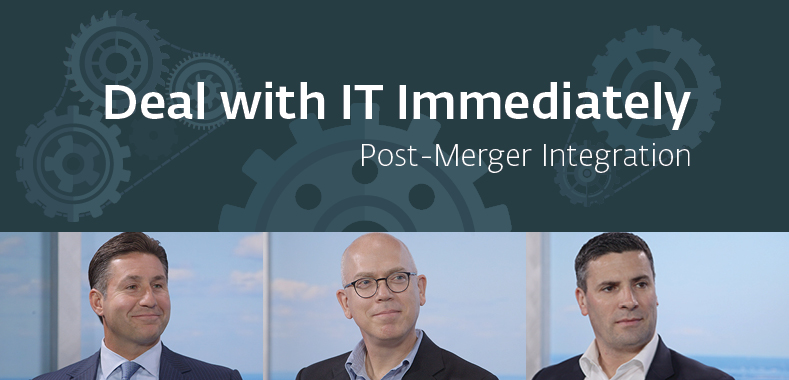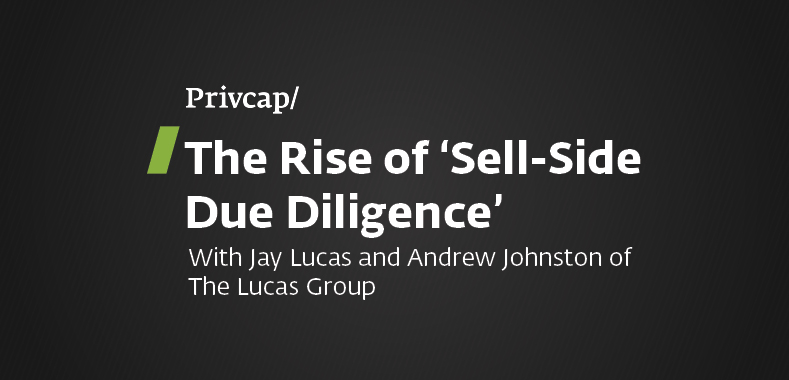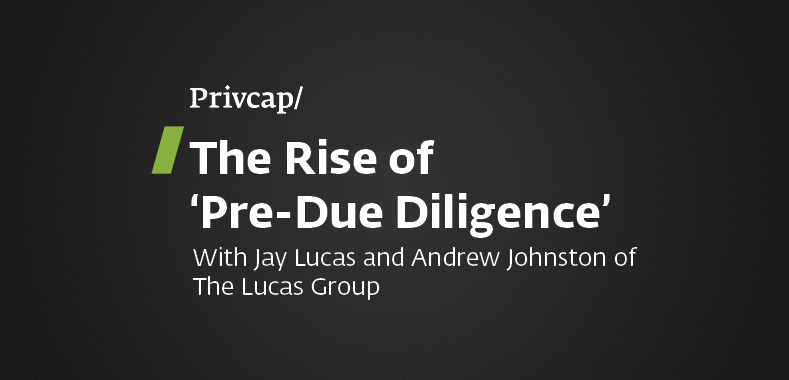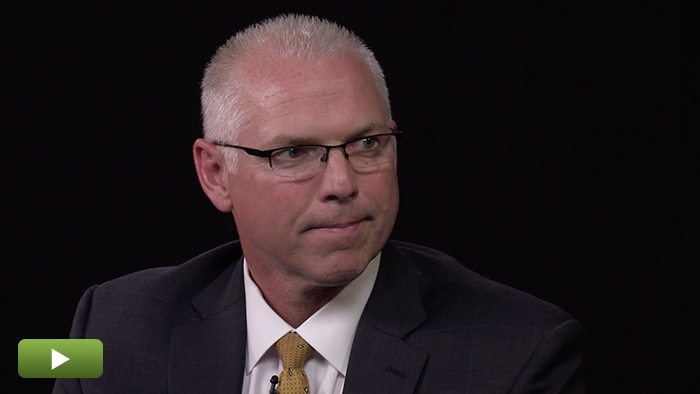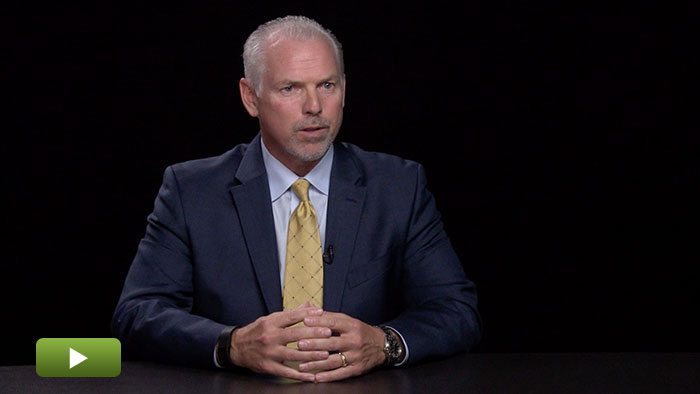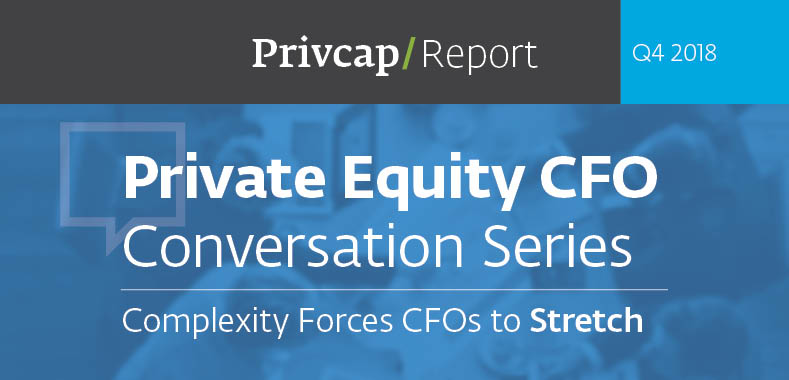The Data-Driven CFO
Download the article here
How technology is transforming the role of today’s finance chiefs

TA Associates
1. Armed with game-changing data tools, CFOs can be key partners in adding value
Many CFOs now play an important role in value creation at private equity portfolio companies. Equipped with powerful new tools for data analysis, they’re helping make vital business decisions and drive their companies toward success.
CFOs can now be “more strategic and savvy, thanks to a proliferation of very sophisticated tools, from corporate performance management to business intelligence—even tools to help with little things like consolidations and closed process management,” said Dave Noonan, a principal at RSM US.
Shahriyar Rahmati, managing director at Comvest Partners, called today’s CFO “the quarterback of the portfolio company in a lot of ways,” noting that the CFO is often the eyes and ears of the CEO and a key partner in planning strategy based on data. “Organizations have lots of data,” he said. “Payroll, ERP, CRM systems—they spit out data all over the place. The question is: Is there somebody sitting in the middle of that data who understands the business, understands what everybody is trying to get done, can think about it in a rigorous way and then drive it using the technologies that are out there?”to get done, can think about it in a rigorous way and then drive it using the technologies that are out there?”

Comvest Partners
And shift gears as the company accelerates. At the early stages in a company’s evolution, CFOs have to pull the levers to fuel growth. Then, as a company matures, the CFO’s focus turns to profitable growth and helping management make informed decisions, not only around opex but around sales, resource deployment, and other functions.
At this point, good CFOs kick it up a notch and become “data ninjas,” said Kevin Masse, chief portfolio officer at TA Associates. “They’re sitting at the nexus of all these different points of information, pulling it together, analyzing it, and teasing out the key takeaways so the rest of the management team can be more productive and impactful to the business. That’s where I’m seeing the CFO role evolving, and it’s driving a ton of performance.”
2. During due diligence, gap analysis should also be applied to the finance team
These days, when GPs partner with the management team of a portfolio company to form a plan for value creation, the plan should involve the CFO’s access to data. GPs should look at the CFO’s current data practices and figure out ways to optimize them so that the management team can gather and analyze the data they need to compete better.

RSM US LLP
“Step one is traditional gap analysis,” Rahmati said. “It’s figuring out what the financial team does today and how effective it is, and then what they need. What are the key levers in the business? What does our investment thesis hinge upon? How do we work backward with management from that thesis to the few very key levers that the management team needs lots of insight and visibility around? It’s usually connecting those that give us a framework that we drive to over time with that management team.”
Often a company’s data capabilities are all over the board. “Typically, they’re not very sophisticated,” Noonan said. “Typically, they’re disjointed. Over time, they add third-party applications to solve point needs, and those are difficult to integrate and harness data from.”
Fixing these problems is an efficient way to add value, Noonan added. “We try to map where all the gaps are, and once the deal closes, we get into a deeper assessment phase and come up with a road map that lists solutions to close the gaps and meet the investment thesis, then a budget and timeline to execute against.”
3. Keep in mind that when the deal is done, the finance team is exhausted
Before embarking on any new initiatives, GPs might want to give the finance department a few days off: In the weeks leading up to the close, the CFO and team have been running flat out. “There’s not a lot of sleep going on,” Rahmati said. “Then the deal closes and in comes the firm, resources ablaze, energy there, capital invested and ready to go. And what about the finance team? They’re tired, right? Now think about all the different initiatives we’re trying to execute—whether it’s a plant reconfiguration, investment in new products, a commercial enhancement, enablement of new strategies—all of those touch the finance team. So one of the arts of our role is to find all the things that stack on top of them and not kill them, because the riskmanagement element of this is huge. If you can do something over the course of six to nine months, you have a much higher probability of getting it right than racing to get it done in an arbitrarily short time frame.”
4. GPs should collaborate with CFOs on the value-creation plan
A successful value-creation plan requires buy-in. The way to get it from the finance team is to give them input. “We share diligence reports with our CFOs,” Masse said. “We’re very candid. And then we ask them to do an assessment on their business—strengths, weaknesses, what are the areas of need from a technology perspective, team perspective, workflow perspective? We collaborate with our teams. We’re not prescriptive.”
Management teams, including finance people, work better when they have at least part ownership of a plan. They also have to understand it. “Think about something as simple as debt,” Rahmati said. “A lot of the family-owned companies we buy are low-leverage, cash-rich businesses. Then we apply leverage post-transaction, one or two tiers of debt, sometimes a revolver, different reporting requirements, covenants, a definition of EBITDA that they have absolutely no understanding of necessarily. So we go to them bearing gifts, condensing that 163-page credit agreement into the five to 10 pages that really matter and walking them through it.”
New technologies help here as well. For a reasonable cost, a PE firm can now implement web-based tools that link to any number of databases, pull disparate data together, and deliver simple, elegant visualizations to the management team. Better still, having this sort of rigor in place adds dramatically to the value of the company.
5. Planning prevents wrong turns with new technology platforms
It’s one thing for a private equity sponsor to come into a portfolio company and install a world-class data system for the financial team. It’s another thing for that team to actually adopt that new data platform and get the most out of it. Fortunately, there are steps the sponsor can take to promote success. “It’s a pretty preventable mistake,” Rahmati said. “If you built the system or you explained why the system was being put in place and did it in conjunction with your management team, you almost inevitably go through the why as you’re putting it in. You don’t wake up on day three of the investment and there’s a terrific ERP system for them under their Christmas tree. It took a lot of work to get there.”
Another important step is to get the functional line leaders involved in the implementation process early. “Make sure they see the changes that are being made and they understand how the system is going to be utilized and operated, whether it’s ERP or some sort of a BI solution,” Noonan said. “If they understand how it’s going to be used and their role in accessing data, by the time you go live it’s not a big bang, it’s not a two-week training exercise to teach people how to get an invoice out the door.”
Every new system is also an opportunity to assess how a company is doing what it’s doing to make recommendations, and to import new potential, Masse said. “We get excited when we implement new systems, not only because it’s going to enable a new capability for a company but because it’s an opportunity to drive performance improvement in the business.”
How technology is transforming the role of today’s finance chiefs.




